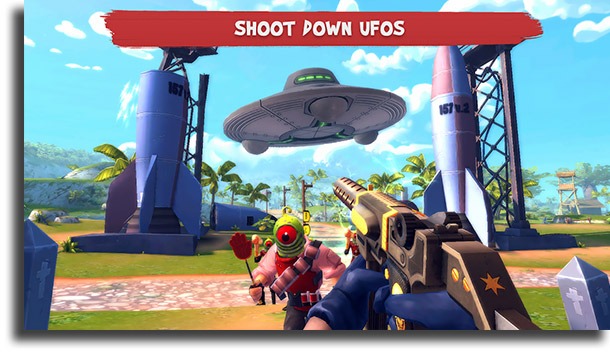

Commercial games followed in the next decade, with Islands of Kesmai, the first commercial online role-playing game, debuting in 1984, as well as more graphical games, such as the MSX LINKS action games in 1986, the flight simulator Air Warrior in 1987, and the Famicom Modem's online Go game in 1987. The history of online games dates back to the early days of packet-based computer networking in the 1970s, An early example of online games are MUDs, including the first, MUD1, which was created in 1978 and originally confined to an internal network before becoming connected to ARPANet in 1980. However, it has been argued that, since the players of an online game are strangers to each other and have limited communication, the individual player's experience in an online game is not necessarily different from playing with artificial intelligence players. Some are also concerned about gaming addiction or social stigma. The culture of online gaming sometimes faces criticisms for an environment that can promote cyberbullying, violence, and xenophobia. Many video games have also inspired internet memes and achieved a very large following online. Likewise, at the end of a game, " GG" or "GG WP" may be said to congratulate the opponent, win or lose, on a "good game, well played". Other common abbreviations include "GL HF" which stands for "good luck, have fun," which is often said at the beginning of a match to show good sportsmanship. Another term that was popularized by the video game community is the abbreviation " AFK" to refer to people who are not at the computer or paying attention. Due to their growing online nature, modern video game slang overlaps heavily with internet slang, as well as leetspeak, with many words such " pwn" and " noob". As in other cultures, the community has developed a gamut of slang words or phrases that can be used for communication in or outside of games. The online game content can also be studied in the scientific field, especially gamers' interactions within virtual societies in relation to the behavior and social phenomena of everyday life. Online games have attracted players from a variety of ages, nationalities, and occupations. Online gaming has drastically increased the scope and size of video game culture. Some online games can receive a massive influx of popularity due to many well-known Twitch streamers and YouTubers playing them.

Many online games create their own online communities, while other games, especially social games, integrate the players' existing real-life communities. The existence of online components within a game can range from being minor features, such as an online leaderboard, to being part of core gameplay, such as directly playing against other players. The design of online games can range from simple text-based environments to the incorporation of complex graphics and virtual worlds. Unlike purchased retail games, online games have the problem of not being permanently playable, as they require special servers in order to function. Since 2010s, a common trend among online games has been operating them as games as a service, using monetization schemes such as loot boxes and battle passes as purchasable items atop freely-offered games. In 2019, revenue in the online games segment reached $16.9 billion, with $4.2 billion generated by China and $3.5 billion in the United States. Online games are ubiquitous on modern gaming platforms, including PCs, consoles and mobile devices, and span many genres, including first-person shooters, strategy games, and massively multiplayer online role-playing games (MMORPG). An online game is a video game that is either partially or primarily played through the Internet or any other computer network available.


 0 kommentar(er)
0 kommentar(er)
